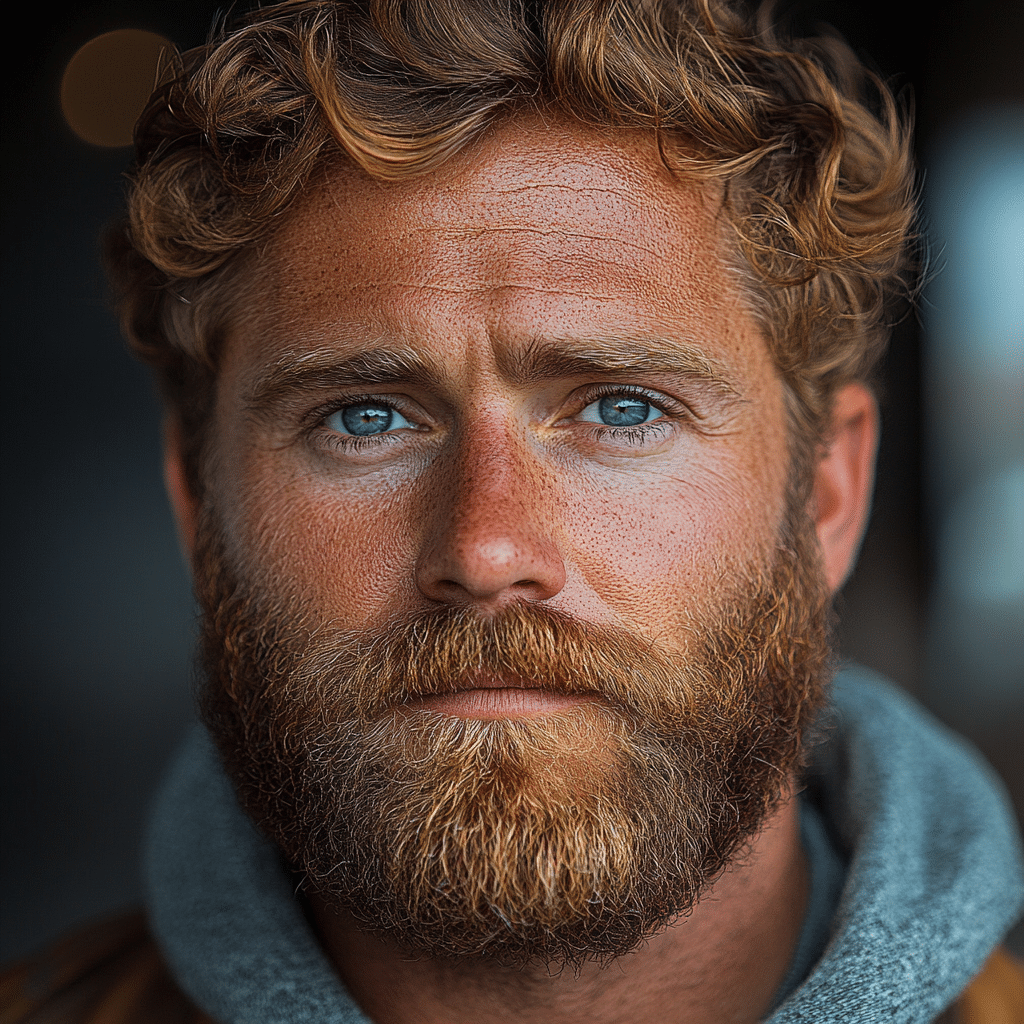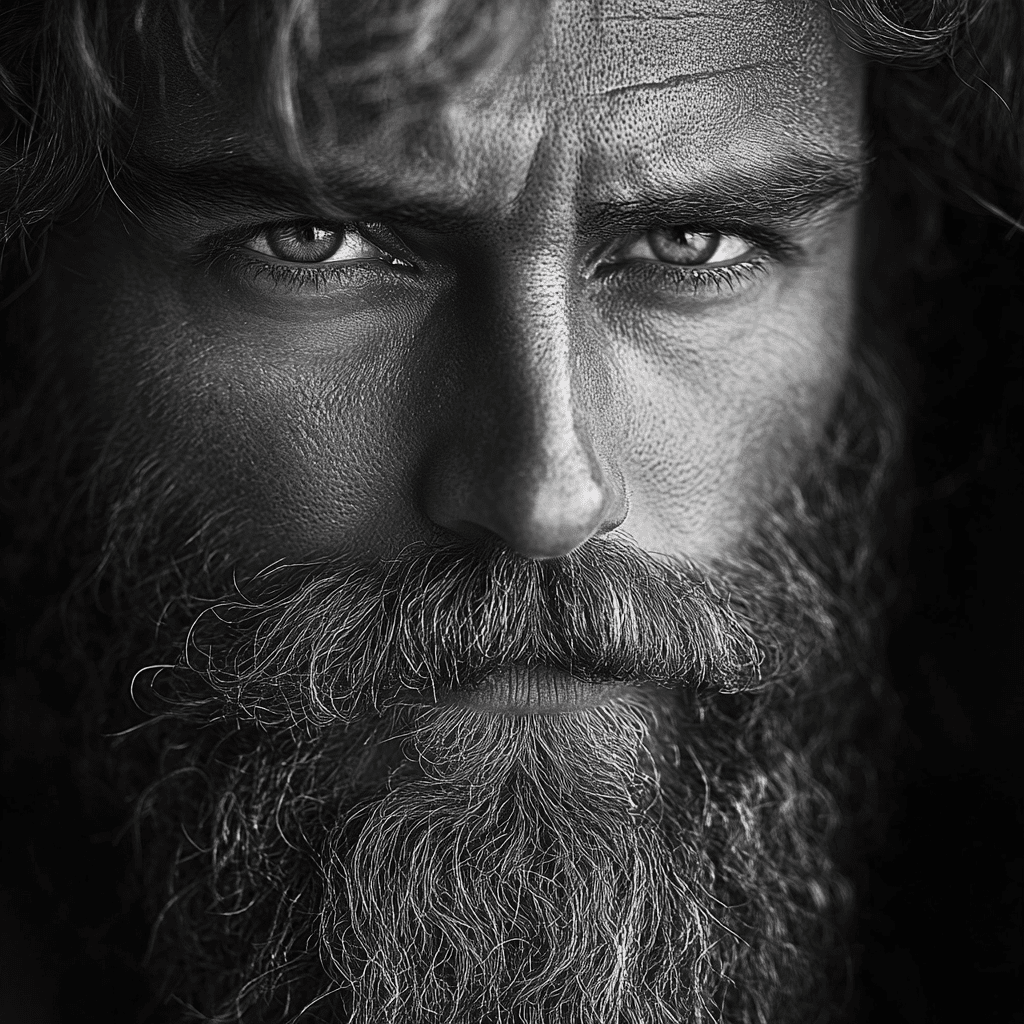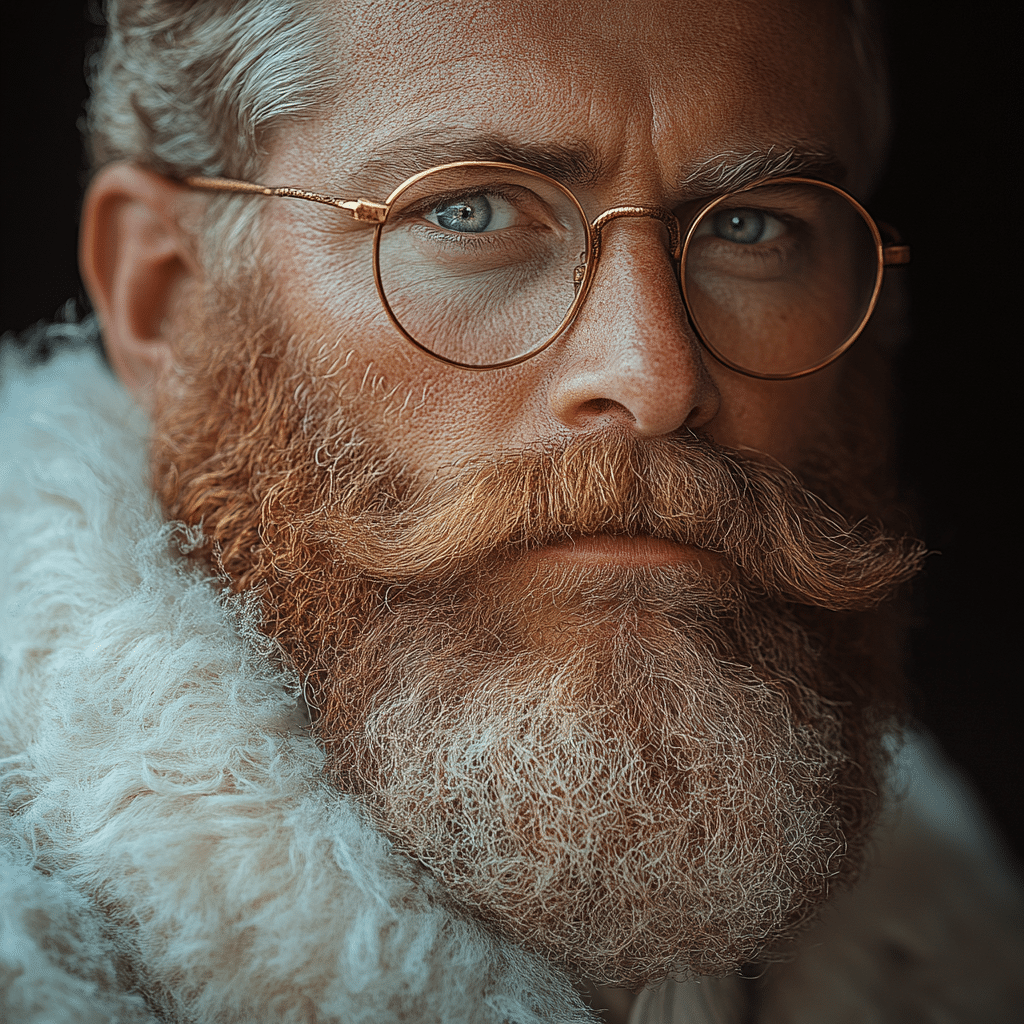Beards have long been more than just facial hair; they represent transformation in style, identity, and cultural significance. From the stately beards of historical figures to the fashionable facial hair of contemporary celebrities, the evolution of beards reflects shifts in societal norms and personal expression. Here, we dive deep into seven iconic beards that have reshaped the landscape of fashion and identity, demonstrating how these furry adornments serve as powerful symbols across generations.
1. The Iconic Beards That Changed Fashion Forever

1.1. Abraham Lincoln: The Beard That Reshaped Political Identity
Abraham Lincoln stands tall not only as a transformative figure in American history but also as a catalyst for changing political style. His decision to grow a beard in 1860 became a defining moment, showcasing a look that transcended mere fashion. During a divisive era in the United States, Lincoln’s full beard communicated wisdom and leadership. This trend paved the way for beards to be viewed as symbols of masculinity and authority in politics.
1.2. The Hipster Movement: A Revival of the Bearded Trend
Flash forward to the early 2000s, and beards were reborn with the hipster movement, igniting a cultural revival. Brands like Beardbrand and Honest Amish capitalized on this resurgence by launching specialized grooming products, transforming the bearded man into a symbol of creativity and individuality. Beards, once associated with stereotypes, found a new identity as an emblem of the thoughtful and artistic soul.
1.3. David Beckham: Sporty Chic
When it comes to modern icons, David Beckham’s well-groomed beard has done wonders for the perception of facial hair in sports and fashion. From light stubble to a full, styled beard, Beckham’s looks have inspired fans worldwide to embrace beards as part of their style repertoire. His influence on popular grooming products from brands like Gillette and Braun only solidifies the idea that beards can harmoniously blend athleticism with fashion.
1.4. The Cast of ‘Game of Thrones’: Fantasy Warriors and Beards
The phenomenon of HBO’s ‘Game of Thrones’ introduced audiences to ruggedly masculine characters who sported striking beards. Khal Drogo, portrayed by Jason Momoa, and Jon Snow, played by Kit Harington, became iconic figures symbolizing strength and valor. The fantasy genre’s embrace of beards not only led to a cultural shift but also sparked trends in mainstream fashion that are still felt today, where facial hair often complements back tattoos and other forms of body art.
1.5. Grizzly Adams: The Rise of the Outdoorsman Image
The character of Grizzly Adams from the 1974 television series epitomized the rugged outdoorsman, and his wild beard was central to that image. This representation popularized the ‘natural man’ concept in the late 20th century, fostering a cultural appreciation for the outdoors. Brands like Patagonia seized on this archetype, offering clothing that appealed to men who identified with the natural lifestyle, all while sporting their beloved beards.
1.6. Silicon Valley Innovators: The Bearded Techies
Fast forward to the 21st century, and beards found a place among innovators in the tech world. Figures like Jack Dorsey and Elon Musk embraced facial hair as part of their personal brand, moving away from the sterile, clean-shaven stereotype. This evolution reflects a larger narrative about individuality and inclusivity in corporate culture, redefining how beards fit into the professional landscape.
1.7. The ‘Beard Brigade’: Shattering Stereotypes
Today, beards have transcended demographics and cultures, resonating with diverse groups globally. Organizations like the Bearded Villains have emerged, showcasing how facial hair can symbolize brotherhood and community. Through fundraising events and digital campaigns, these groups challenge traditional notions of masculinity while promoting charitable causes, proving that beards can foster connection and unity.
2. The Cultural Significance of Beards: More Than Just Facial Hair
Beards prove to be far more than a simple fashion choice; they often signify deeper cultural insights and personal stories. Across the globe, they carry meanings unique to specific communities, intertwining with issues like identity, expression, and societal perceptions.
2.1. Beards as Symbols of Conspiracy Theories
Interestingly, beards have also been entwined with conspiracy theories, taking on roles in popular narratives. In film and media, bearded figures often embody villainous or enigmatic personas. A prime example is The Dude from ‘The Big Lebowski,’ whose laid-back yet scruffy look resonates with an alternative interpretation of masculinity, emphasizing how culture interprets and interacts with beards.
2.2. Beards and Body Art: Complementing Eye Tattoos and Back Tattoos Trends
The rise of body art has also brought beards into the fold as a significant aspect of personal expression. Facial hair often complements eye tattoos, symbolizing vision. Likewise, back tattoos that convey intensity or individuality can enhance the aesthetic appeal of a well-groomed beard, serving as an extension of one’s identity.
2.3. Rooftop Snipers: The Bearded Marksman Trope
Moreover, the portrayal of rooftop snipers in modern entertainment frequently depicts bearded characters who project raw masculinity and survival instincts. Films like ‘Extraction’ have reinforced this trope, embedding the image of the rugged, bearded warrior deep into popular culture, thus cementing beards in the public consciousness as symbols of strength and tenacity.

Merging Styles: Beards and Identity in the Modern Era
In today’s society, beards have evolved into meaningful expressions of identity, culture, and individual style. They serve as cultural signifiers connecting modern men to historic legacies, allowing for the blending of personal and broader societal narratives. Influential figures across various sectors have embraced beards, creating an inclusive space that allows masculine expression to flourish.
As we navigate a world that frequently challenges definitions of identity and belonging, it’s clear: beards are no longer just an aesthetic choice. They embody the rising conversation surrounding modern masculinity, urging people to rethink what it means to be a man in today’s world. This continued appreciation for beards underscores a greater cultural fascination—much like the facial hair itself, it’s a narrative rich with layers and significance.
Thus, whether you’re teaming a thick beard with an edgy eye tattoo or finding your place in community groups like the Beard Brigade, there’s no denying that facial hair is more than fashion; it’s a bridge to deeper conversations about who we are in an ever-complex society.
Beards: Style and Identity Transformations
A Glimpse into Beard History
Beards have long held a significant place in cultural identity and fashion. Did you know that in ancient Mesopotamia, men viewed their beards as symbols of status and power? Those sporting longer, well-groomed beards were often considered more influential, much like modern-day sports icons. Speaking of sports, check out the extraordinary journey of Brad Marchand whose beard is as infamous as his gameplay!
Pop Culture and Beards
In pop culture, beards have continually represented various identities, from rugged individualism to sophisticated charm. For example, Noah Gray, a modern style influencer, has utilized his beard to carve out a unique niche in the fashion landscape, changing how guys approach grooming. It’s interesting to note that this style evolution can even extend to cinematic franchises; just think about how many cartoon characters, even in titles like Madagascar 4, are designed with facial hair to enhance their personality and appeal.
Beards and Historical Context
While many people consider beards a recent trend, they have historical roots that are fascinating! The Russian Navy’s historic Black Sea fleet had a strict beard policy, showcasing how facial hair was tied to national pride and tradition. Even current news can sometimes intertwine with a beard-related influence; for example, the analysis surrounding the tragic Uconn student death incident uncovered personal stories of how students connected through their unique styles, including their beards.
So the next time you see a well-groomed beard, remember there’s a rich tapestry of history, pop culture, and personal identity woven into that simple style choice! And while we are here, let’s not forget the tales of unexpected moments, like the infamous Japanese airport bomb explosion, which, believe it or not, also had social impacts, including changing narratives around personal grooming in crisis situations.




